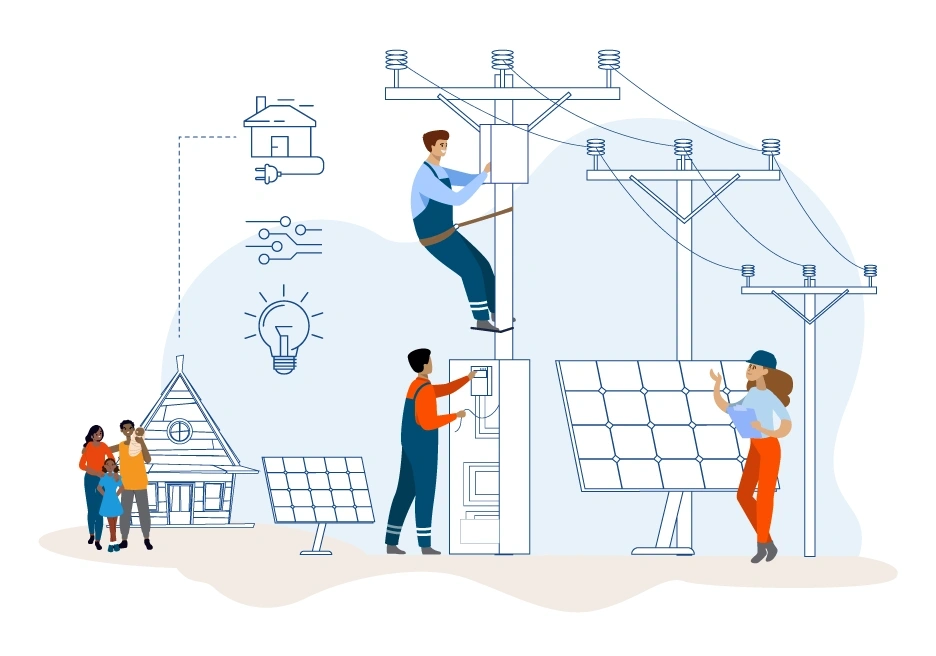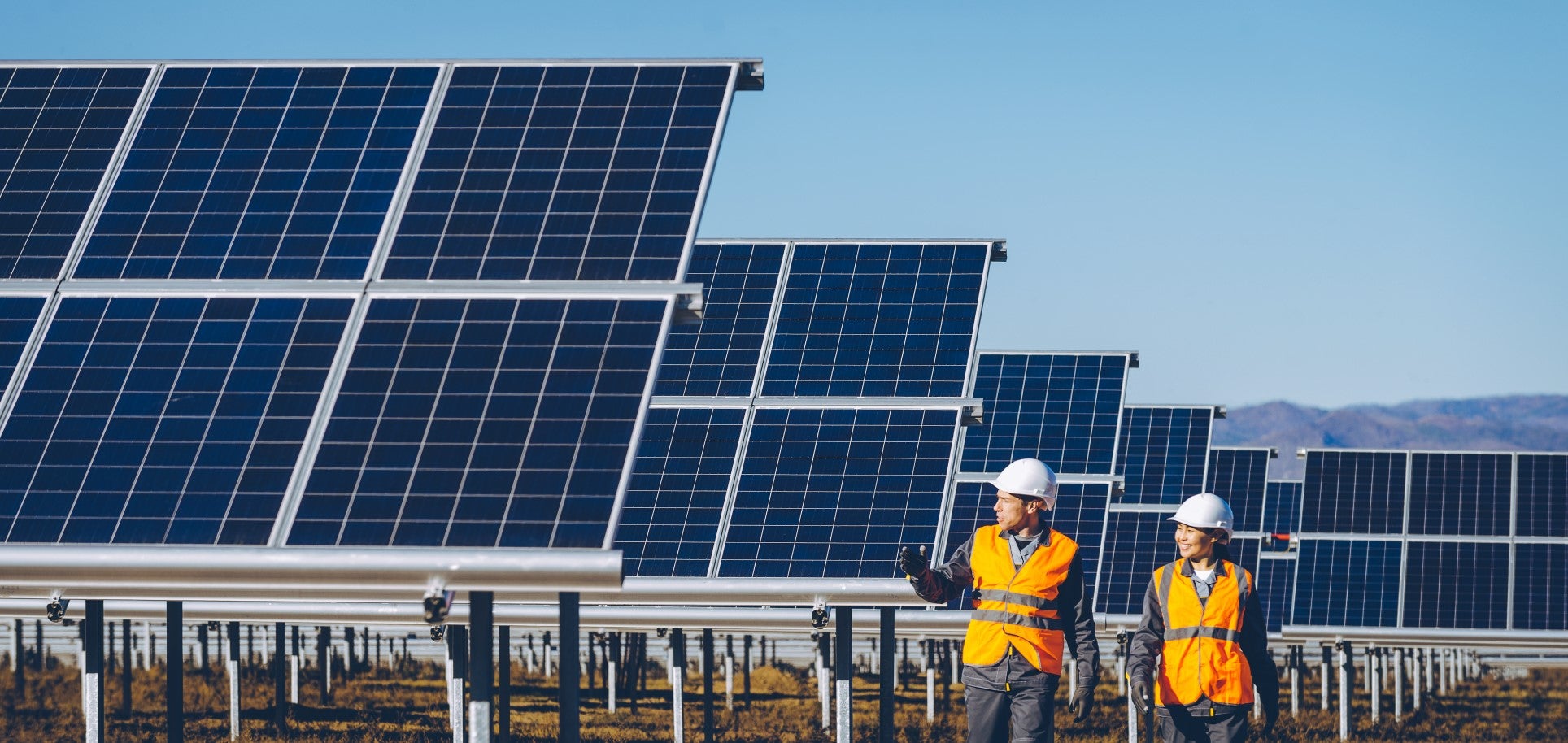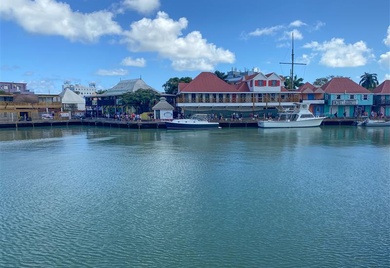Can Solar Panels Be the Cellphones of the Future?

The cellphone revolution has changed our lives, but especially the lives of those who never had a landline: the poorest and those living in isolated communities. The solar energy revolution is having a similar effect.
Just as land-line telephony is based on networks that are costly to create and maintain, and then have to be physically connected to homes and offices, high-voltage electrical cables require a large capital investment. In fact, this investment increases in many hard-to-reach communities, which explains why in Latin America and the Caribbean (LAC), there are entire zones – in jungles, mountains, or islands – with no access to the power grid. Currently, they represent less than 5% of the region's total.
This situation causes enormous damage of all kinds to isolated communities. Without access to the grid, power generators that consume kerosene or other equally polluting fuels, candles, and firewood are the only means of accomplishing such common tasks as cooking, lighting at night... or even charging a mobile phone.
The technological revolution in solar energy, which in recent years has allowed production costs to plummet, remains the most promising solution to these problems. In the last decade, the price of photovoltaic modules has dropped from about $2 per watt generated to $0.21, according to a recent study by BloombergNEF.
This has led several of the largest economies in the region to redouble their commitment to solar energy, with large investments. At the same time, with the support of development banks, smaller economies such as Honduras have also embarked on the same path to reduce their fossil fuel dependency, which represent 45% of the electricity generation sources in Central America.

IDB Invest has a relevant role in this revolution. In September, with the help of the Clean Technology Fund (CTF) Blended Finance resources, it finalized a $5 million equity investment in Kingo Energy, a provider of prepaid solar energy for homes and small businesses in rural communities that are not connected to the power grid. The funds will help Kingo Energy finance its expansion plan through its operating subsidiaries in Guatemala and Colombia.
Kingo Energy's business model in LAC consists of installing solar panels and batteries for each willing customer, and then charging them for the time spent using electricity through a prepaid model via a code, which allows the battery to be unlocked. Customers only pay for the days they need the energy, which gives greater flexibility to those with fewer savings.
IDB Invest funds' will help Kingo Energy increase the number of units installed in off-grid homes and reduce its carbon footprint, strengthening its business model by launching new products and services that benefit underserved rural communities through its distribution channels in isolated areas. Along with this investment, IDB Invest will help Kingo Energy implement a best practices program on gender issues and an outreach strategy to empower indigenous women.
Sigora Haiti offers a variant of the Kingo Energy model for the French-speaking Caribbean country, where the number of off-grid households is higher. Also with support from IDB Invest and the CTF's Blended Finance funds, Sigora is launching microgrids that combine solar panels, wind turbines, and batteries, intended to provide energy to rural communities. It is a scalable model that depends on the installed generation capacity and works with a system of prepaid cards that unlock the electric meters.
It should be noted that, in some communities, such innovative models are a way of transitioning until the conventional power grid reaches their homes. In many others, however, the revolution goes even further: just as many of us no longer have a landline phone, these communities can be pioneers in terms of energy consumption, favoring decentralized, digital, and sustainable models.
LIKE WHAT YOU JUST READ?
Subscribe to our mailing list to stay informed on the latest IDB Invest news, blog posts, upcoming events, and to learn more about specific areas of interest.
Subscribe



